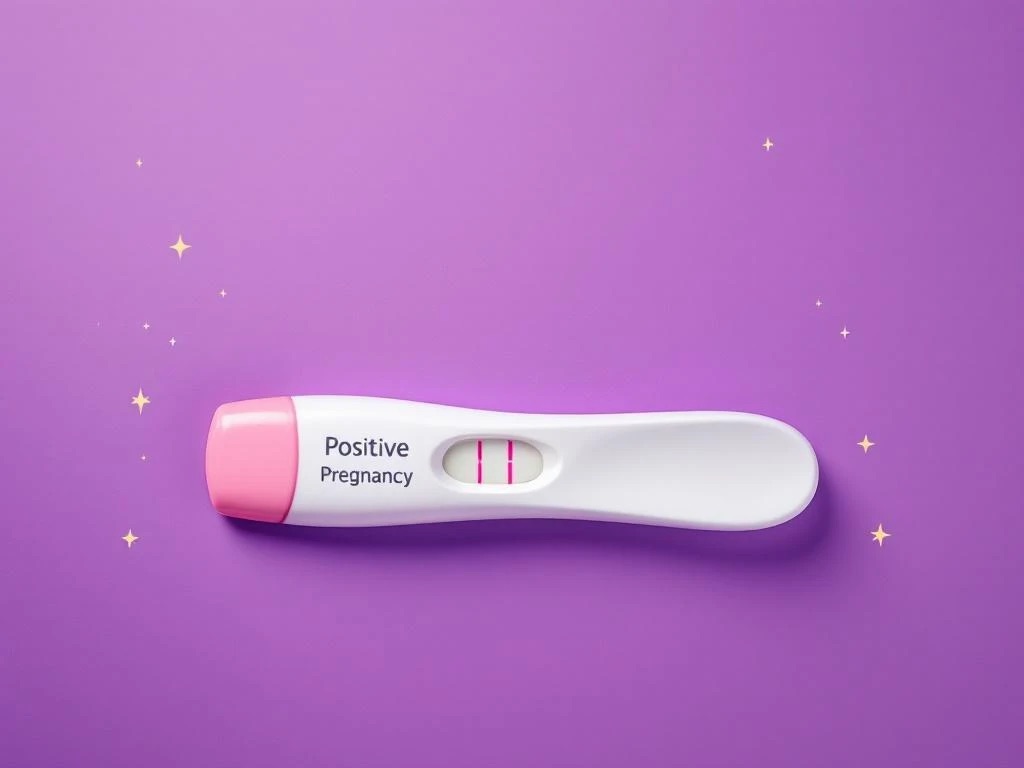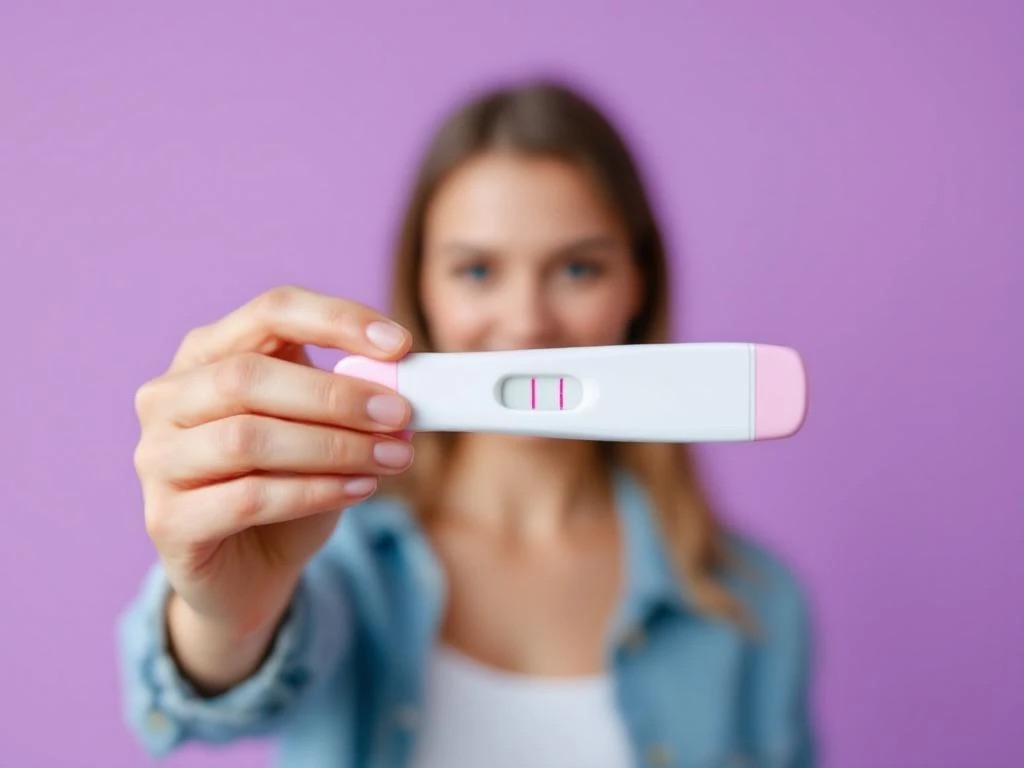Is Your Gut Blocking Pregnancy? The Gut–Womb Axis + Fertility Connection
Nov 09, 2025
By Lindsay Goodwin, LAc., MSOM, BS, FABORM, CLC, CHt. | Host of Fertile Frequencies Radio
✨ Is Your Gut Silently Blocking Pregnancy?
Most women are told fertility is "just hormones." But the truth is — your gut may be one of the biggest determining factors in whether conception happens or not.
More than 70% of your immune system lives in your gut, and your immune system is what determines whether implantation feels safe. When the gut is inflamed, the body doesn't say "no." It says — "not yet." And until safety is restored, conception can feel blocked.
🎧 Listen to the full episode here on Fertile Frequencies Radio:
👉 https://www.buzzsprout.com/2507271/episodes/18150693
🌿 The Gut–Womb Axis: How the Microbiome Impacts Fertility
Your gut and your reproductive system are constantly communicating. This is known as the gut–womb axis.
When the gut is imbalanced — often due to stress, antibiotics, processed foods, or chronic inflammation — it can lead to:
- Increased inflammatory cytokines
- Altered hormone signaling
- Poor nutrient absorption
- Impaired immune tolerance (important for embryo implantation)
When inflammation is present, your body moves into protection, not reproduction.
🧬 Gut Imbalance & Fertility: The Science
Gut imbalance can affect fertility by:
- Reducing egg quality
- Inflammation creates oxidative stress
- Damages mitochondria (the energy batteries of egg cells)
- Lowering sperm quality
- Gut dysbiosis is linked to reduced motility and abnormal sperm morphology
- High inflammation increases DNA fragmentation in sperm
- Blocking embryo implantation
- The immune system must shift into receptive mode
- Gut inflammation keeps the body in protection, not reproduction
- Disrupting hormonal balance
- The gut metabolizes estrogen
- When the gut is imbalanced, estrogen dominance can occur
👶 Gut Microbiome & IVF Success Rates
Studies show:
- Women with a Lactobacillus-dominant reproductive microbiome have higher implantation and live birth rates in IVF.
- A disrupted vaginal or endometrial microbiome can reduce IVF success rates.
- Women with higher inflammation markers (linked to gut dysbiosis) are more likely to experience failed cycles.
Simply put:
A healthy gut = a receptive womb.
🔥 Symptoms of Gut Inflammation (Most Women Ignore)
- Bloating
- Fatigue after meals
- Constipation or loose stools
- Sugar or carb cravings
- Skin flare-ups
- Anxiety or brain fog
If your gut isn't absorbing nutrients, your eggs aren't receiving them either.
🌸 How to Strengthen the Gut–Womb Connection
Start here:
- Increase fermented foods (kimchi, sauerkraut, coconut yogurt)
- Increase fiber (aim for 25–35g/day)
- Reduce inflammatory foods: gluten, refined sugar, seed oils
- Use mind–body work to regulate your nervous system
- Add prebiotic + probiotic support
Q1. Can my gut really impact fertility?
Yes. Over 70% of your immune system lives in the gut. When the gut is imbalanced and inflamed, the body prioritizes protection over reproduction, which can block implantation.
Q2. How does gut inflammation affect egg quality?
Inflammation raises oxidative stress and can damage mitochondrial function in egg cells, reducing egg quality and developmental potential.
Q3. Does the gut microbiome influence sperm quality, too?
Yes. Dysbiosis and systemic inflammation are associated with reduced motility, abnormal morphology, and increased DNA fragmentation in sperm.
Q4. What's the "gut–womb axis"?
It's the two-way communication between the gut, immune system, hormones, and reproductive tract (vaginal/endometrial microbiome) that shapes receptivity and implantation.
Q5. How does the vaginal/endometrial microbiome impact IVF?
Lactobacillus-dominant profiles are associated with higher implantation and live birth rates. Disrupted profiles correlate with lower success.
Q6. What are common signs of gut imbalance?
Bloating, constipation/loose stools, fatigue after meals, sugar cravings, skin issues, brain fog, and heightened stress responses.
Q7. How can I assess my gut health?
Discuss stool testing, inflammation markers, and clinical history with your provider—pair data with nutrition, nervous-system regulation, and lifestyle support.
Q8. Can improving my gut help IVF outcomes?
Optimizing the gut and reproductive microbiomes (along with inflammation and stress) can support implantation, embryo quality, and overall cycle readiness.
Q9. How long does it take to see changes?
Many people notice shifts in 4–8 weeks with consistent nutrition, fiber/prebiotics, targeted probiotics, and stress regulation; deeper remodeling can take 3–6+ months.
Small shifts create powerful hormonal balance.
🎧 Podcast Episode: Listen Here
👉 Episode: Is Your Gut Blocking Pregnancy? Microbiome, Inflammation + Intuition
💖 Ready for deeper support?
Book a Fertile Alignment Session:
👉 https://forms.gle/xMAWJtVmUHSQHZVr8







